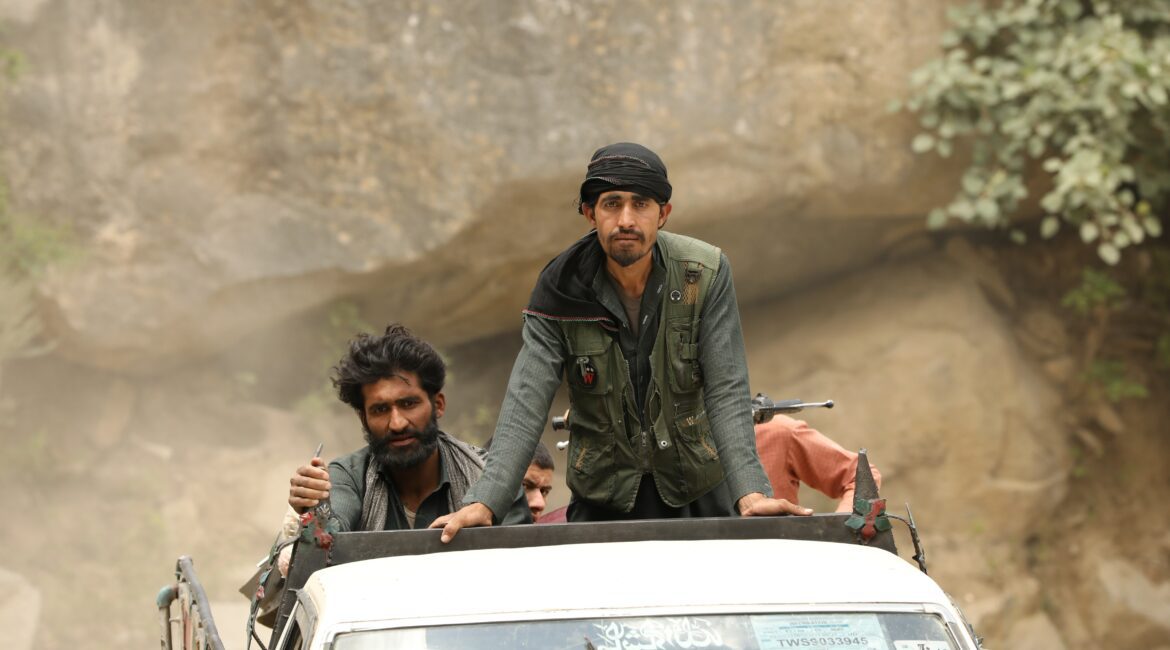Islamic State - Khorasan or ISIS-K is the author of the recent Kabul suicide attack which caused 170 died and 200 wounded, as official Afghan sources have stated.
Since its foundation, ISIS-K had several leaders and its strategy was to exploit divisions among preeminent Jihadist groups in Khorasan region, at the border of Afghanistan and Pakistan.
At first, ISIS-K was led by Hafiz Saeed Khan, commander inside TTP, Taliban group in Pakistan. His deputy was Abdul Rauf Aliza, an ex-Taliban commander. Both of them have been killed during American strikes.
Abu Omar Khorasani has succeeded at ISIS-K command. He was arrested and jailed in Pul-i-Charkhi prison, near Kabul, during the former Afghan government. Khorasani and other eight adepts have been executed by Taliban, after they took control of the prison and the Afghan capital. Before to be killed, Khorasani made the following statement to The Wall Street Journal, where he indicates reasons why Islamic State and Afghan Taliban are fierce enemies: "Daesh leadership is independent and its goals as well. We have a global agenda and when people ask who can really represent Islam and the whole Islamic community, we say that we are indeed more attractive".
In fact, beyond the competition for being recognized as a legitimate representative of the bloody Jihad, ISIS-K and Taliban are separated by the strategic vision: Afghan Taliban represent a tribal nationalist military force, backed by Pakistan, while ISIS-K does't accept national boundaries and fights for a Global Islamic Caliphate.
After Khorasari's arrest in 2020, the ISIS-K's leadership was taken by a new and ambitious leader, Shahab Al Muhajir, who transformed ISIS-K in an active and dangerous organization.
Few details are known about Al Muhajir. International media related last year that he would be an Arab from Middle East, who has fought for Al Qaida in Afghanistan and Pakistan.
In 2020, Al Milat Media, the ISIS-K propaganda body, has confirmed that Al Muhajir was the new group's leader, without offering any photo or biographic data. Instead, Al Milat Media has broadcasted an audio message for ISIS-K combatants, whose text would have been written by Al Mujahir himself. The same message was afterwards broadcasted in Pashto language by ISIS-K spokesman, Sultan Aziz Azzam.
This odd communication manner between leader and group's fighters - whose number is estimated at 1.500-2.000, gets deeper the mystery around Al Muhajir's real identity and increases speculations.
Un explanation for the registered message could be that the new leader is not fluent in Pashto and Dari languages, the most spoken in the region, and has needed an interpreter for making himself understood by his followers. Obviously, this feature strengthens the version that Shahab Al Muhajir is an Arab, from Syria or Iraq, and most likely the organization has made the effort for ensuring his confidentiality, because, at that moment, he was targeted by US, the former Afghan government and Taliban strikes.

